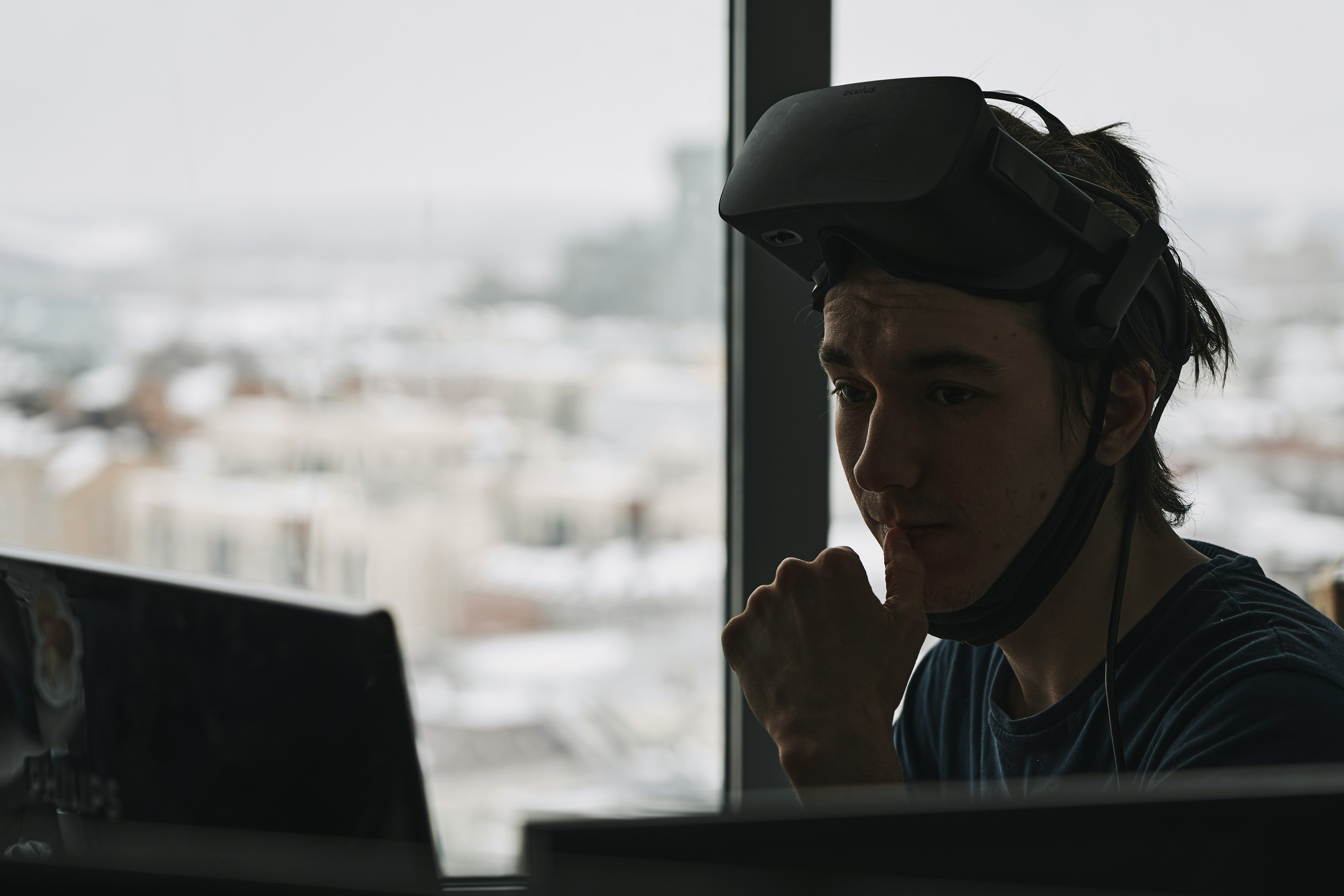The Rise of Solitude: Reevaluating the Value of Being Alone
In our hyperconnected world, solitude is often misunderstood, associated with loneliness or isolation. However, the reality is far more nuanced. Solitude can foster self-awareness, creativity, and mental well-being. In this article, we will delve into the social and cultural dynamics around solitude, exploring its evolution and current perceptions.

The Historical Context of Solitude
The concept of solitude has a rich history, shaped by societal changes, cultural shifts, and individual perspectives. Ancient philosophers like Aristotle and Plato embraced solitude as a means to reach self-understanding and wisdom. In spiritual traditions, solitude is often seen as a pathway to enlightenment. However, the industrial revolution and the advent of urban living altered perceptions. Suddenly, solitude was viewed as alienating, associated with social exclusion.
Modern Society and the Perception of Solitude
Fast forward to the 21st century, solitude is often misunderstood. The advent of digital technology and social media has created a world where we are constantly connected. This constant connectivity can make periods of solitude feel uncomfortable or even anxiety-inducing. Yet, psychologists argue that solitude is essential for mental health and personal growth.
The Solitude Movement: A Shift in Perception
Interestingly, a new social movement is emerging that reevaluates the value of solitude. This movement is driven by an increasing awareness of the mental health impacts of constant connectivity and a renewed appreciation for the benefits of solitude. This shift is reflected in the growing popularity of mindfulness, meditation, and digital detox retreats.
The Implications and Significance of Embracing Solitude
Embracing solitude has significant implications for individuals and society as a whole. For individuals, solitude can foster creativity, self-awareness, and emotional wellbeing. For society, promoting the value of solitude could help to counteract the mental health impacts of our hyperconnected world.
The Future of Solitude: A Balance of Social and Solitary Experiences
Looking towards the future, it’s clear that balance is key. While solitude has many benefits, humans are inherently social creatures. The challenge is to find a balance between social and solitary experiences that promotes mental wellbeing and personal growth. As we navigate the complexities of our modern, hyperconnected world, this balance will be more important than ever before.
The rise of solitude in modern society offers a fresh perspective on the value of being alone. As we peel back the layers of societal perceptions and cultural shifts, we find that solitude is not something to be feared, but rather, embraced. So, let’s redefine solitude, not as isolation, but as a valuable space for self-reflection and personal growth.




